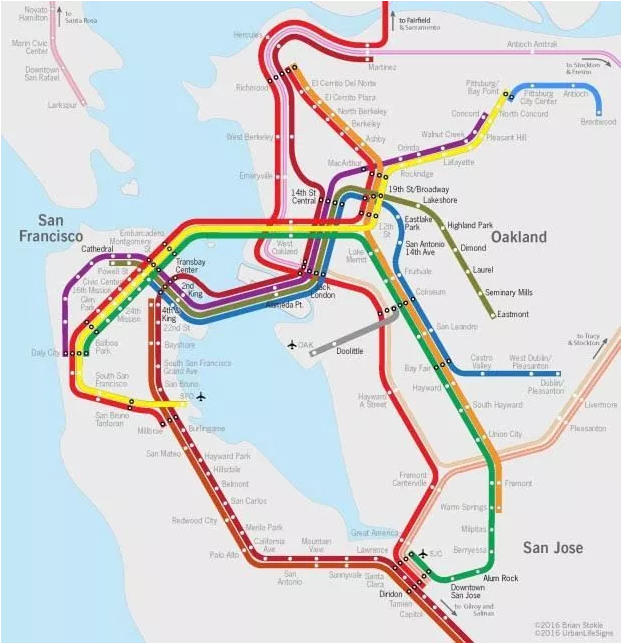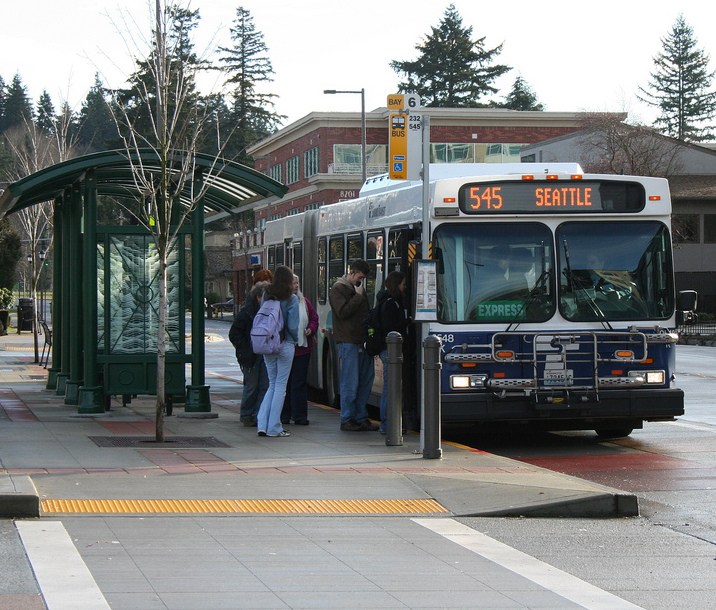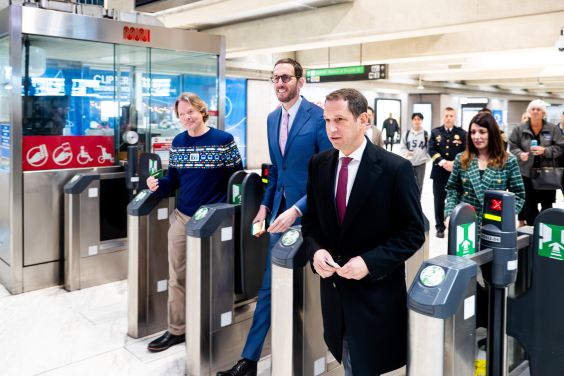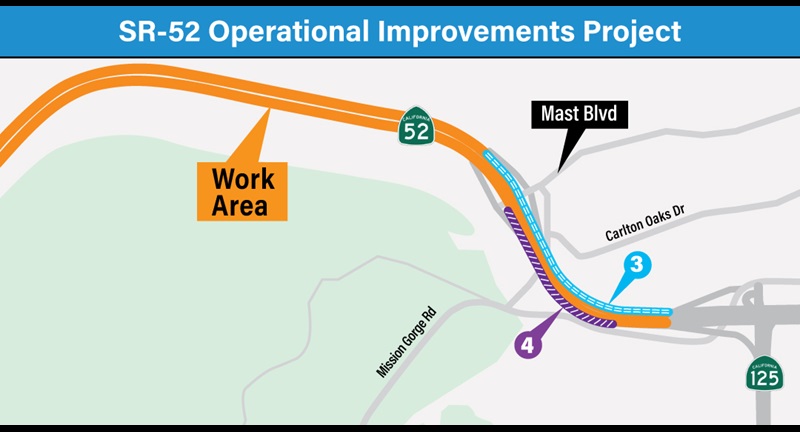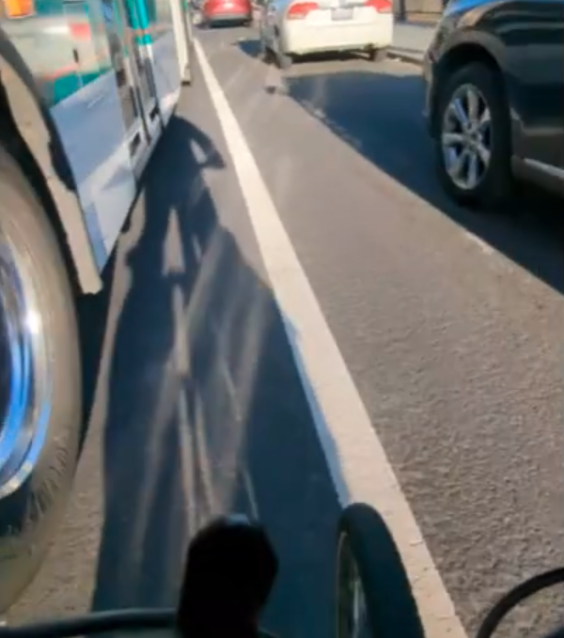Across the Bay Area, a debate is taking place about how to best fund and dramatically improve the region’s transportation system. Our roads are increasingly congested, we lack frequent and reliable transit service, and our transportation infrastructure is crumbling. The result is that we are failing to meet essential state and regional climate goals.
Too many of the solutions offered, including rideshare and autonomous vehicles, put more cars on our streets and increasingly privatize public transit for private profit. Simply relying on new technology will not solve the challenges we face. One idea on the table is to put a regional funding measure on the November 2020 ballot to generate over $100 billion over 30 years to significantly improve the region’s transportation system.
Urban Habitat and our allies believe that freedom of movement is a human right and that an affordable, reliable, and connected public transit system is one of the fundamental building blocks of an equitable and healthy region. Meeting the mobility needs of Bay Area residents, while adequately responding to the climate crisis, requires nothing short of a Green New Deal for transportation. It also means ensuring that these investments address the legacy of past and current decisions that have resulted in structural inequality that disadvantages people of color and working-class communities.
For these reasons, we are part of a broad group of organizations, including transportation and environmental advocates, grassroots organizers, and labor, that over the past year have been engaging allies and residents to develop a regional transportation funding measure that starts with community-identified needs. We are working with communities to help create a bold plan that leads with our values as expressed in our vision and principles.
We need a regional funding measure that:
- Prioritizes public space for people and public transit over cars.
- Increases funding to ensure frequent, reliable, and affordable public transit.
- Invests in a just transition from carbon to meet the demands of the climate crisis.
- Supports the workers who run our transit system by paying them a living wage.
- Modernizes transportation service and infrastructure by utilizing 21st century technology and reduces our dependence on the technology of the 20th century – fossil fuels and cars.
The Bay Area’s business community is also actively trying to influence the development of a regional transportation measure. Their initial public statements have raised concerns about who will pay for these critical investments and who will benefit.
We know the future has to look different from the past. That means creating a regional transportation measure in a fundamentally different way than the region has done with previous funding measures. Instead, we need to lead with our vision and principles, invest in a transit system that meets the needs of all Bay Area residents, and develop a funding measure that the voters will support.
Bob Allen is Urban Habitat’s policy and advocacy campaign director.
